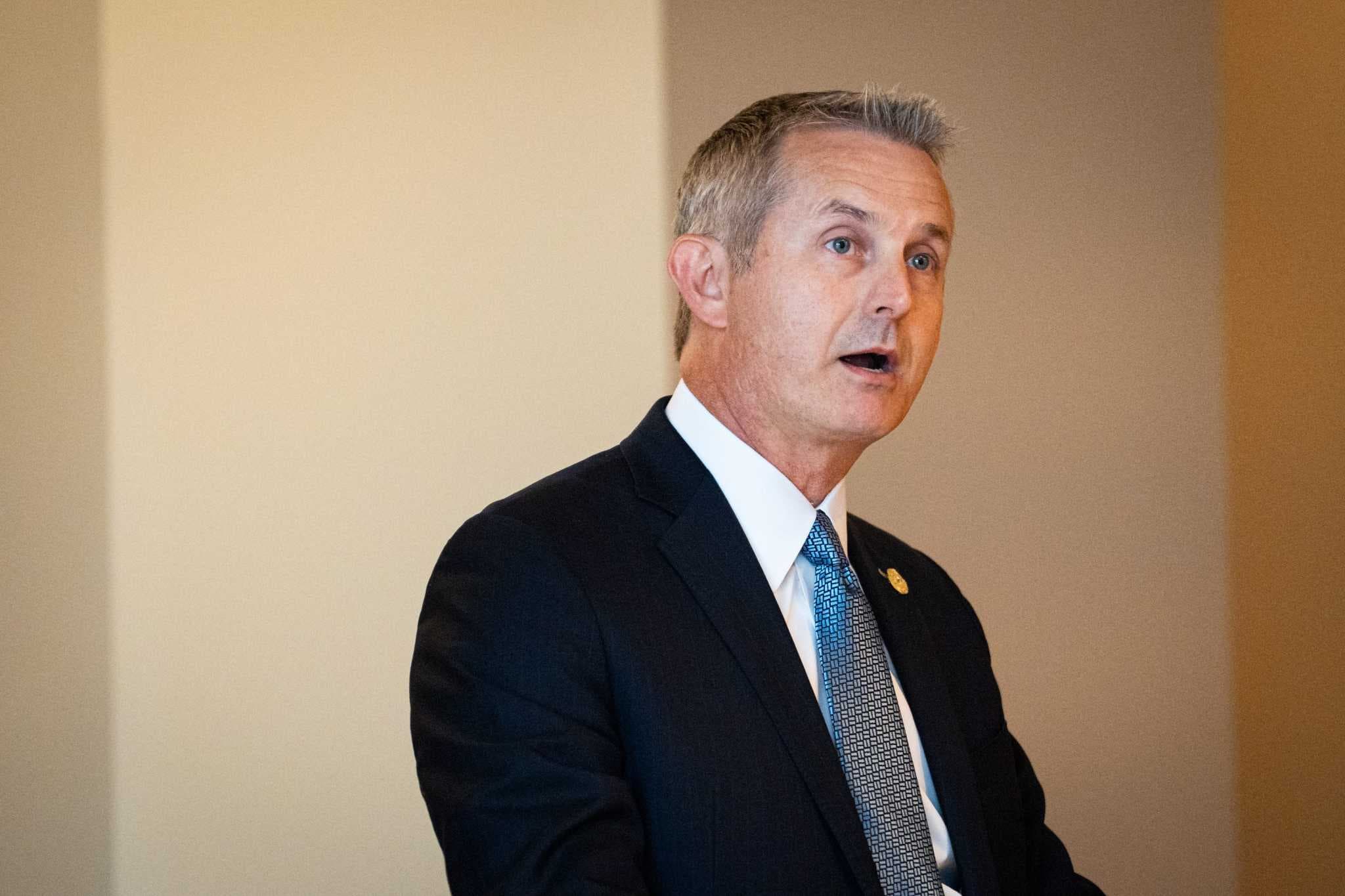Texas Legislator Proposes Felony for 'Gender Identity Fraud,' Calls Concept Unscientific

Texas State Representative Tom Oliverson, M.D., has publicly called for the elimination of gender identity as a concept, asserting it lacks biological definition. This statement comes amidst his legislative efforts, notably House Bill 3817, which seeks to criminalize what he terms “gender identity fraud” within the state. The Republican lawmaker's remarks underscore a growing legislative push in Texas regarding gender-related issues.
Representative Oliverson articulated his position on social media, stating: > "Outstanding! Gender identity as a concept needs to be struck down. It has no definition rooted in biology either." His proposed HB 3817 would amend the state penal code, making it a state jail felony for an individual to knowingly make a false or misleading statement to a governmental entity or employer by identifying as a gender contrary to their biological sex assigned at birth. Violators could face up to two years in prison and a fine of up to $10,000.
Oliverson's legislative record reflects a consistent stance on these matters. He previously sponsored House Bill 1686, which aimed to ban gender-affirming medical treatments for transgender minors in Texas. These actions align with a broader movement among some state officials to define sex strictly by biological characteristics at birth and to restrict rights and access for transgender individuals.
The proposed legislation and Oliverson's statements have drawn significant criticism from LGBTQ+ advocates and medical professionals. Opponents argue that such bills are discriminatory, harmful to transgender Texans, and misrepresent scientific understanding of gender identity. They emphasize the potential negative impacts on the mental health and safety of transgender individuals, who may face legal repercussions for simply identifying as their affirmed gender.
This legislative push is part of a larger trend in Texas, where state leaders, including Attorney General Ken Paxton and Governor Greg Abbott, have supported policies restricting transgender rights. These include directives limiting changes to gender markers on government documents and bans on gender-affirming care for minors. The ongoing debate highlights a deep ideological divide over gender identity in the state's political landscape.